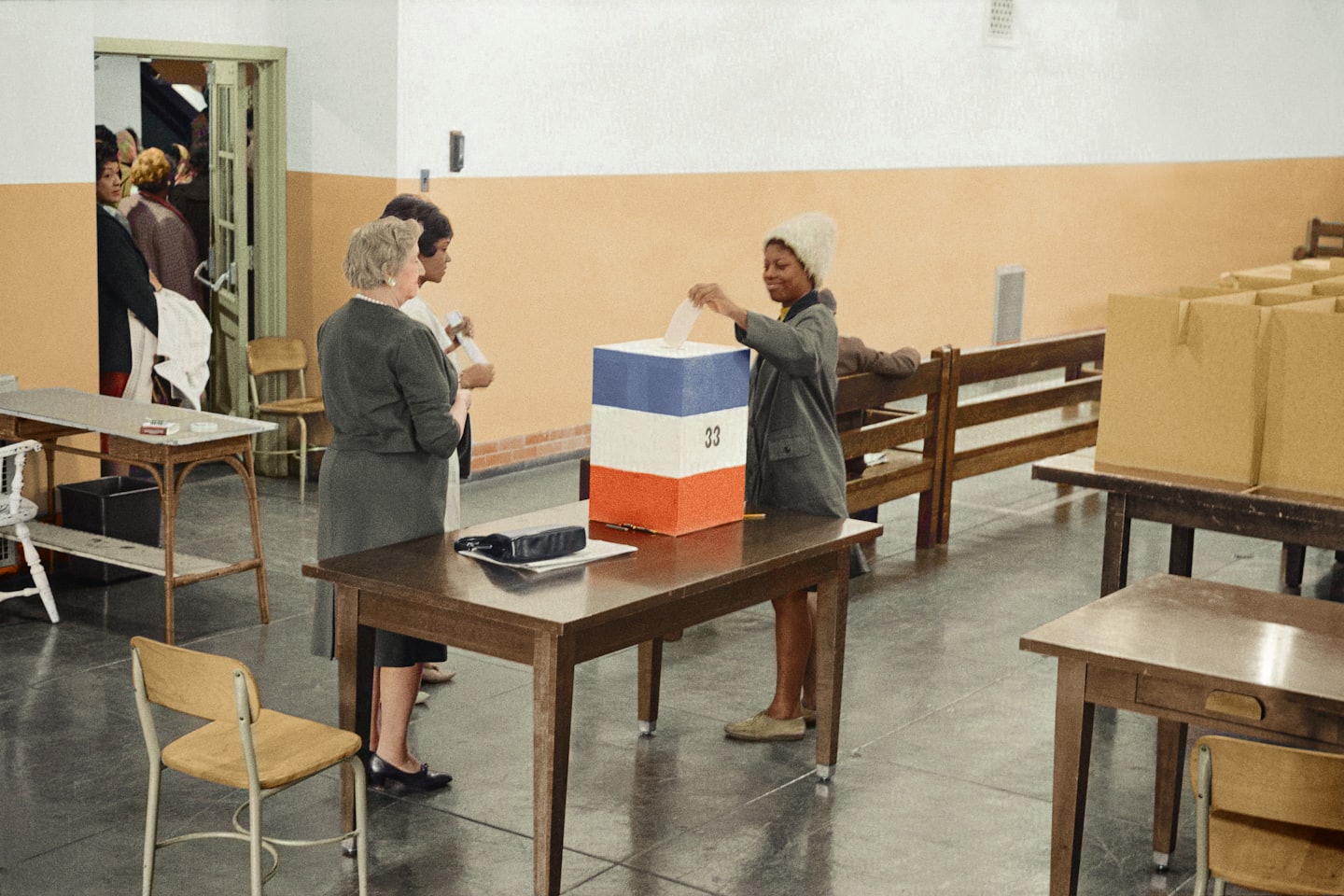Let us stop for a minute and assess where we stand in regard to starting this effort. We have tried to establish an understanding that the public good must include transparency and access to public (census) data. But we face a challenge of honesty, specifically the taking of an oath upon entering any elected office. This is why our “In Service of the Oath” campaign focuses on upholding the Constitution thru how an elected official uphold their sworn oath to uphold the law. Article 1, Section 8 of the U.S. Constitution unequivocally grants Congress the “power of the purse,” giving it exclusive authority to levy taxes, allocate expenditures, and provide for the general welfare of the nation. The constitution establishes the concept of being a nation of laws and creates the Congress specified in the Article.
“Well, Doctor, what have we got, a republic or a monarchy?” – Elizabeth Willing Powel’s question to Ben Franklin “A republic, if you can keep it.” – Benjamin Franklin’s reply.
Our data transparency campaign is a Proposal to Include a Tariff Category on Point-of-Sale Receipts
Objective:
To enhance transparency in consumer transactions by introducing a distinct category for tariffs on sales receipts, alongside existing tax categories such as city, county, and state taxes.
Key Provisions:
- Mandatory Display of Tariff Charges:
- Retailers will be required to include a separate line item on sales receipts indicating the amount of tariffs applied to imported goods sold at the point of sale.
- This category should be labeled “Tariff,” clearly distinguishing it from sales taxes and other charges.
- Applicability:
- This requirement will apply to businesses that sell goods subject to tariffs, ensuring consistency across all points of sale.
- Implementation Mechanism:
- The information on tariff charges will be sourced from importers and wholesalers, who will provide the tariff data for each product in their supply chain.
- Point-of-sale systems will integrate tariff data into the receipt calculation and printing processes.
- Consumer Education:
- The program will include a public awareness campaign to educate consumers on the purpose of tariffs and how they are reflected in prices.
Benefits:
- Transparency: Consumers gain insight into how tariffs influence the prices they pay, fostering greater awareness of trade policies.
- Accountability: Retailers and importers will have a standardized method for reporting tariffs, improving compliance and record-keeping.
- Informed Policy Debate: By making the financial impact of tariffs more visible, this initiative can encourage informed discussions on trade and economic policies.
Challenges and Solutions:
- Technical Implementation:
- Retailers may face initial costs to update point-of-sale systems. These costs can be mitigated through tax credits or grants for businesses implementing the changes.
- Data Accuracy:
- Clear guidelines will be provided to importers and wholesalers to ensure accurate reporting of tariff amounts.
Conclusion:
This proposal aims to empower consumers with greater transparency and foster a deeper understanding of how trade policies affect everyday life. By making tariffs visible at the point of sale, we can bridge the gap between policy decisions and their practical implications for the public.



Leave a Reply